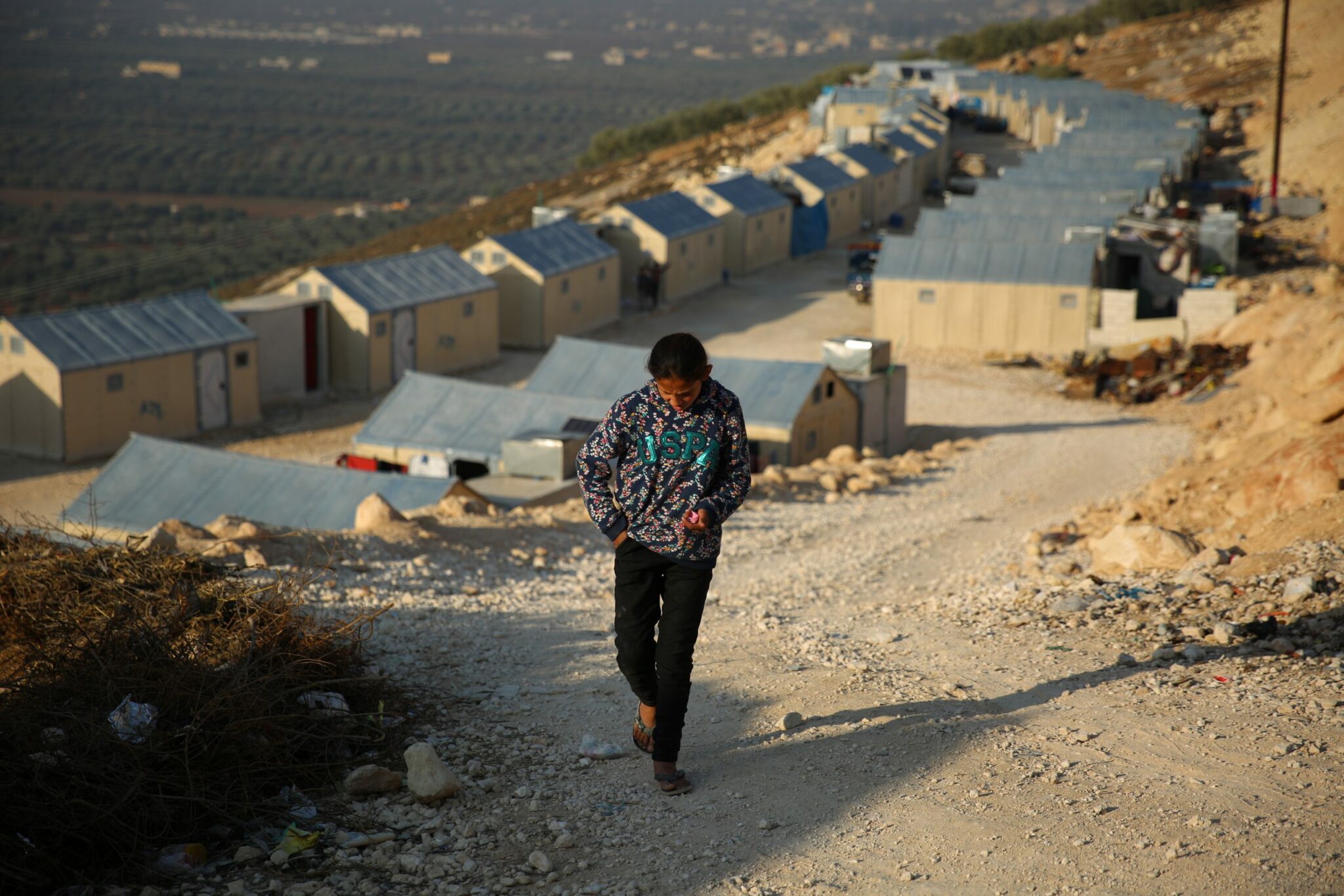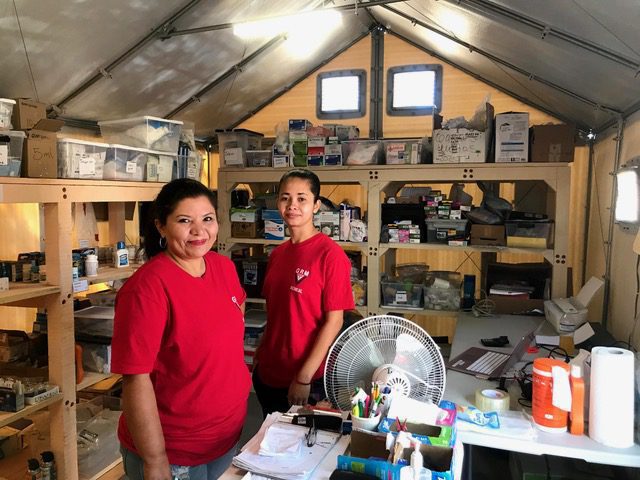We talked to the award-winning Syrian photojournalist about his career, and the events of his childhood that inspired him to capture the reality of life in war-torn Syria with his camera.
A family matriarch stands in the centre of a hand-in-hand link with children walking through their camp settlement. A man lights a match to burn a furnace for warmth in the winter while his two children lounge closely together. A young girl’s eyes reflex from her pencil and notepad to the chalkboard during a lesson, up and down, up and down.
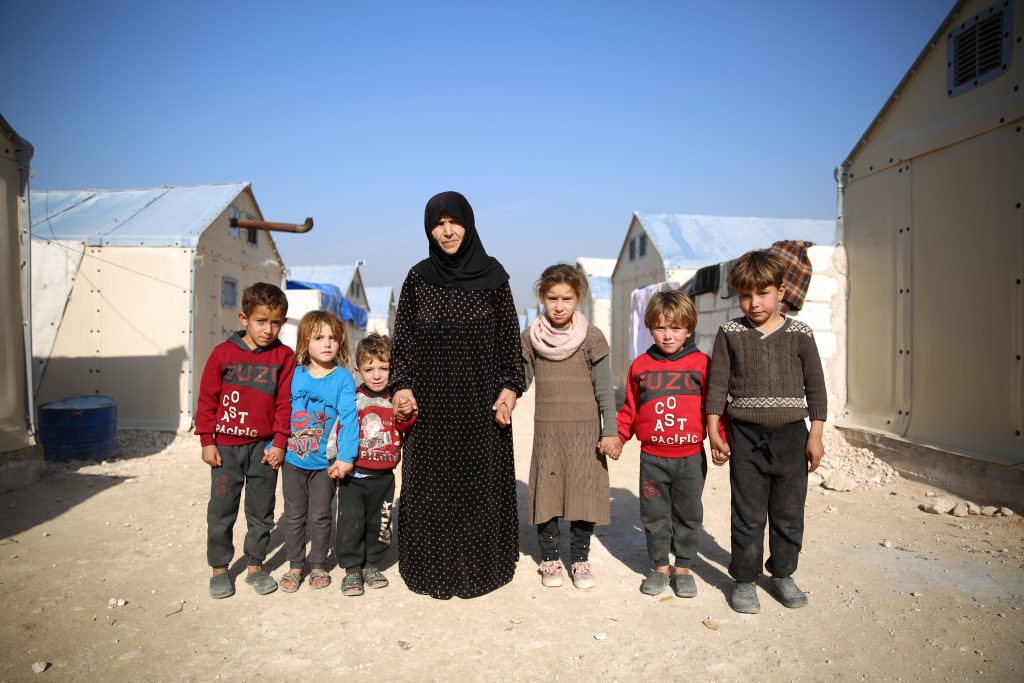
If a picture can tell a story better than words, then Ali Haj Suleiman is one of the Middle East’s youngest laureates of realist poetry. We first met Ali Haj Suleiman in 2020, during a large-scale project that involved UNHCR, Maram Foundation, ATAA Relief and WATAN Foundation, where 6,000 RHU shelters were delivered to camp settlements in the Harem and Ma’arrat al Numan districts in the Idlib Governorate, Northwest Syria. Ali gave us a rare close look at the communities in the camps, living off of only the basics but resilient in determining a hopeful future especially for the children.
By 2011, the Syrian uprising had escalated into a fully armed conflict, affecting the lives of all Syrians, but particularly those living in the capital Damascus. Ali spoke to us about his original dream that changed by no choice of his own, but his mission to serve the vulnerable and suffering populations in Syria never wavered.
“My saddest memory is when I photographed a man saying goodbye to a girl who was killed by the regime forces in the southern countryside of Idlib.”
Ali Haj Suleiman
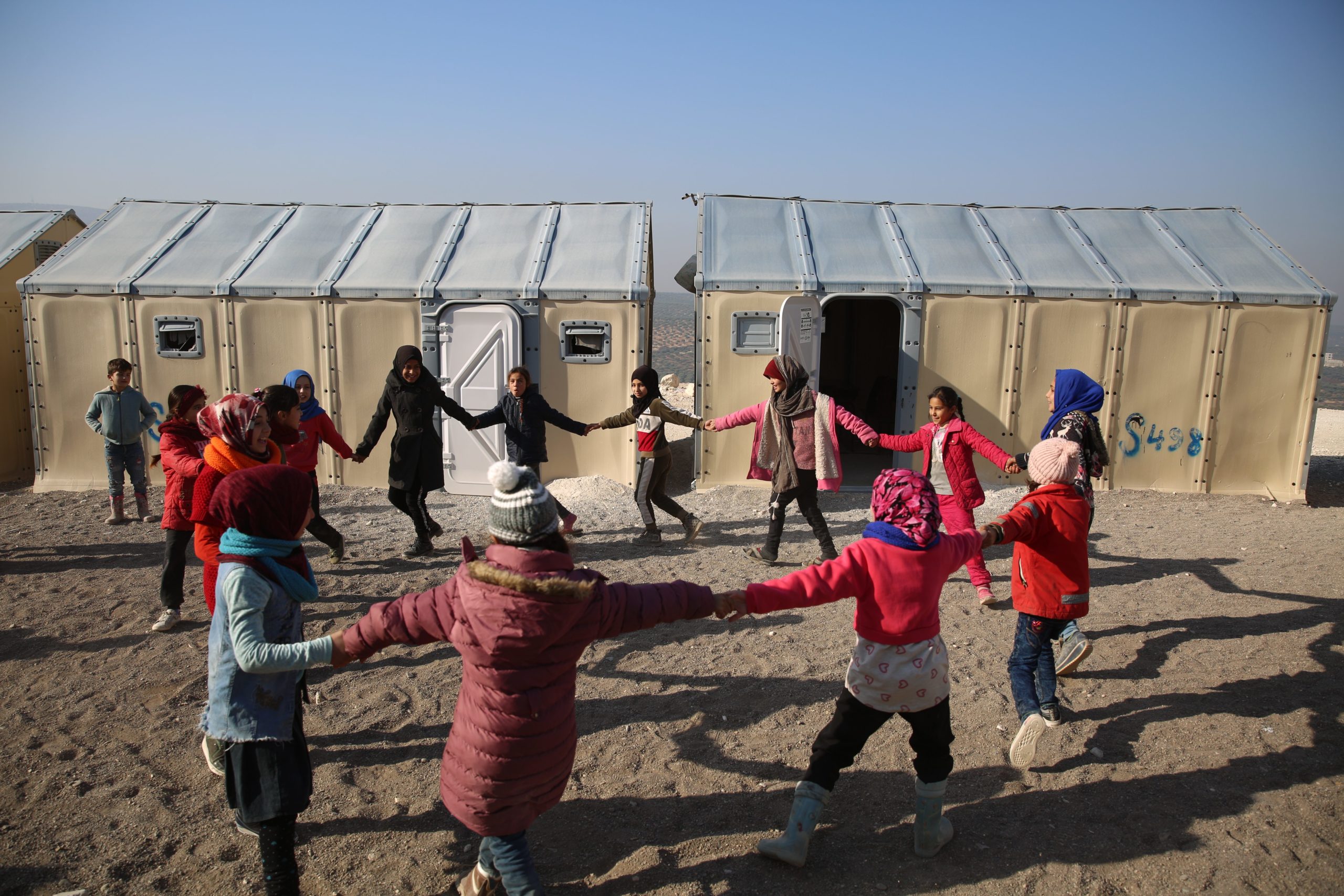
His story is one of tragedy, resilience, injustice and discipline. His photographs capture the raw intensity of families fighting to preserve their unity – because his own family lived through similar experiences. In 2013, when his father was arrested by the Assad regime’s armed forces, his family returned to Idlib, his father’s original home. At this time, he stopped his studies in order to support his family. But within a year, Ai had already made a career out of photography. He spoke of the most rewarding and challenging effects of his career:
“The most rewarding part is when justice is achieved and the criminals who kill people are held accountable, and the most challenging is the difficulties we face while covering the bombing. We are always afraid of targeting the place again and not going back to our families.”
Ali Haj Suleiman
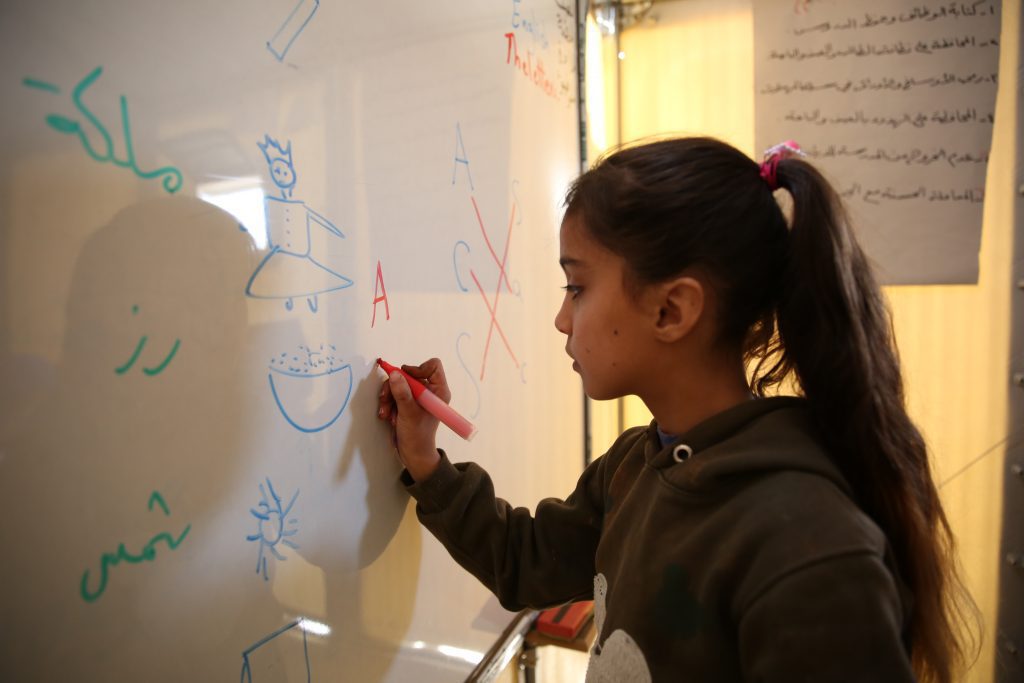
“I shoot for news sites and humanitarian organisations, I shoot in all areas I can reach. First, I ask about the situation of the road and what are the difficulties that I face while traveling. As for the coverage of the bombing, we listen to the observatories through a radio station deployed in northwestern Syria in order to make sure that there is no bombing and that the road is safe.”
Ali Haj Suleiman
Ali’s career in photography coincided with the most devastating period in the modern Middle East. In 2022, the crisis in Syria entered its second decade, only affirming its position as the world’s largest refugee crisis. 6.6 million Syrians were forced to flee the country since 2011. 6.7 Syrians are internally displaced. 13.4 million are in need of humanitarian assistance. Today, there is no clear end to the emergency. UNHCR reported fears of escalating violence in the region; and the highly-politicised UN Security Council vote on the extension of the cross-border lifeline between Northwest Syria and Türkiye has the potential to deepen the humanitarian crisis.
Bringing light to the everyday lives of the Syrian population, zooming in on the mega-data numbers ranging in on the multi-millions with a human perspective, puts Ali’s life in clear danger. This doesn’t stop him, as he lays out a clear strategy to keep himself safe:
“I try not to show my sadness to the injured person so that his psychological state is not affected more.”
Ali Haj Suleiman
I shoot for news sites and humanitarian organizations, I shoot in all areas I can reach. First, I ask about the situation of the road and what are the difficulties that I face while traveling. As for the coverage of the bombing, we listen to the observatories through a radio station deployed in northwestern Syria in order to make sure that there is no bombing and that the road is safe.
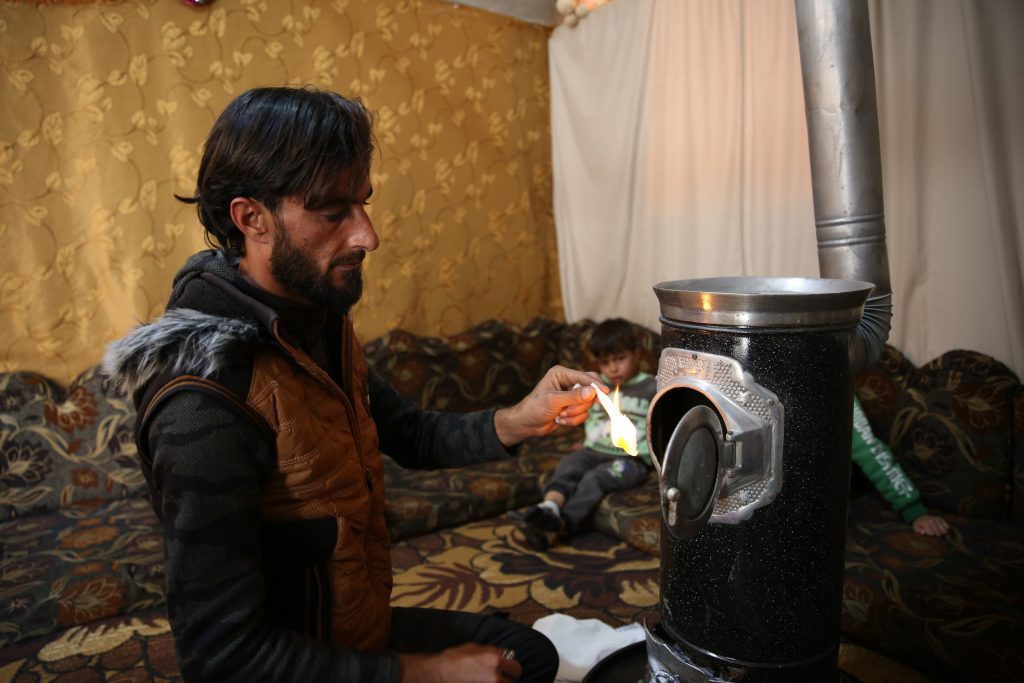
But physical safety is only one side of the coin of human wellbeing. Capturing images of families, often in their most distressed moments, will eventually take its toll on mental and emotional health. Ali has experienced sadness when photographing, but with a lion’s heart, he keeps his composure:
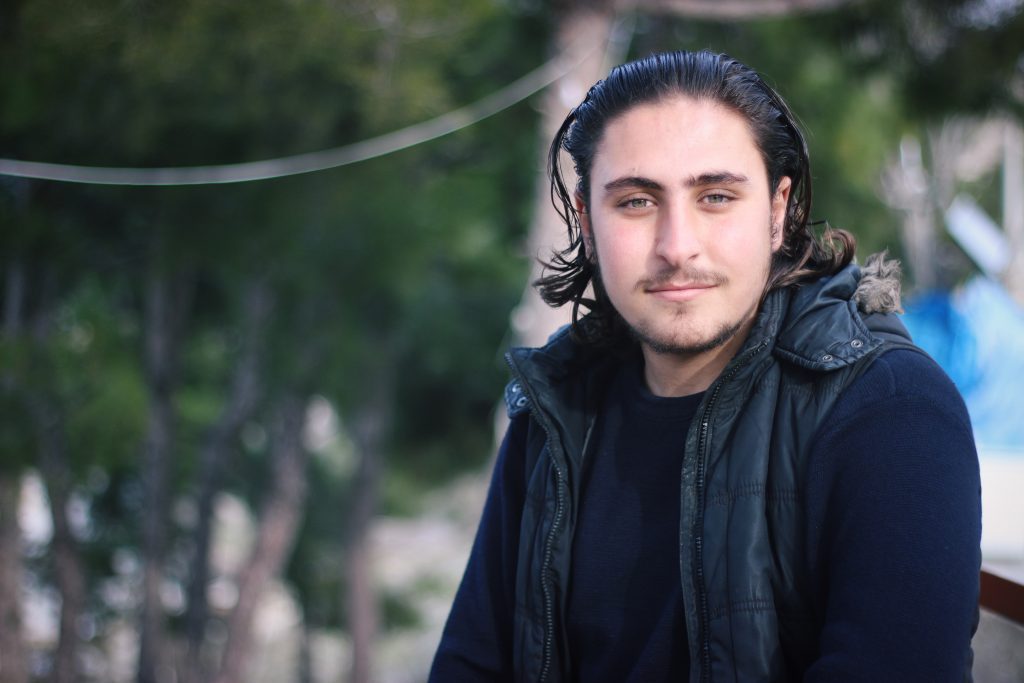
Oftentimes, a protracted crisis is forgotten by the mainstream, resulting in the people caught in the emergency suffering in silence. In a recent study conducted by the Center for Operational Analysis and Research (COAR) and funded by the European Union, funding to support Syria has remained stagnant. The global landscape of humanitarian action has been crowded and noisy in 2022, with Ukraine and Afghanistan spawning the most international attention. But Ali does not want people outside of Syria to forget about the suffering in his country:
“I want them to follow the news and see what is happening to civilians because of the Syrian regime forces.”
Ali Haj Suleiman
Take a closer look at Ali Haj Suleiman’s work on his socials linked below:

